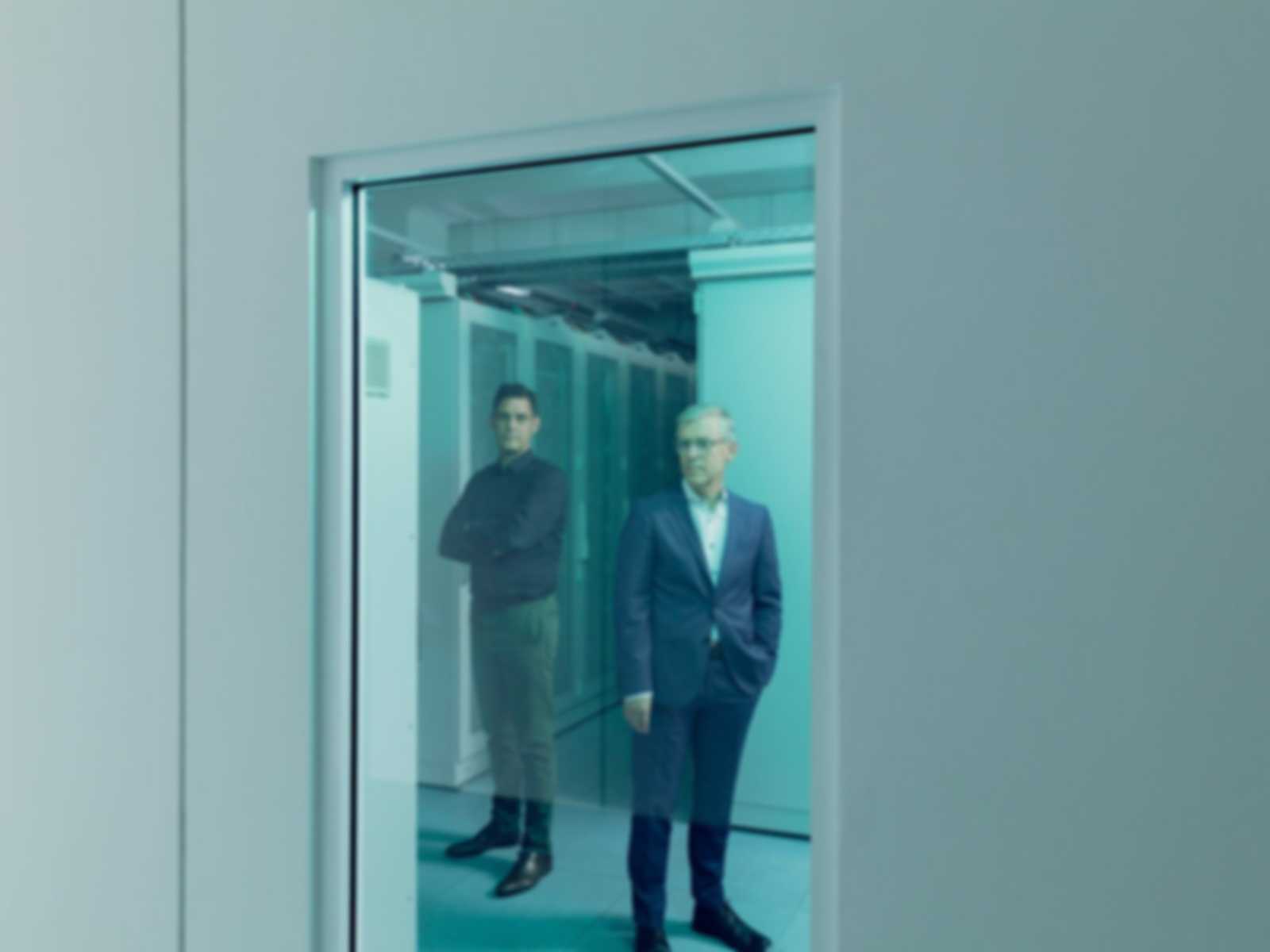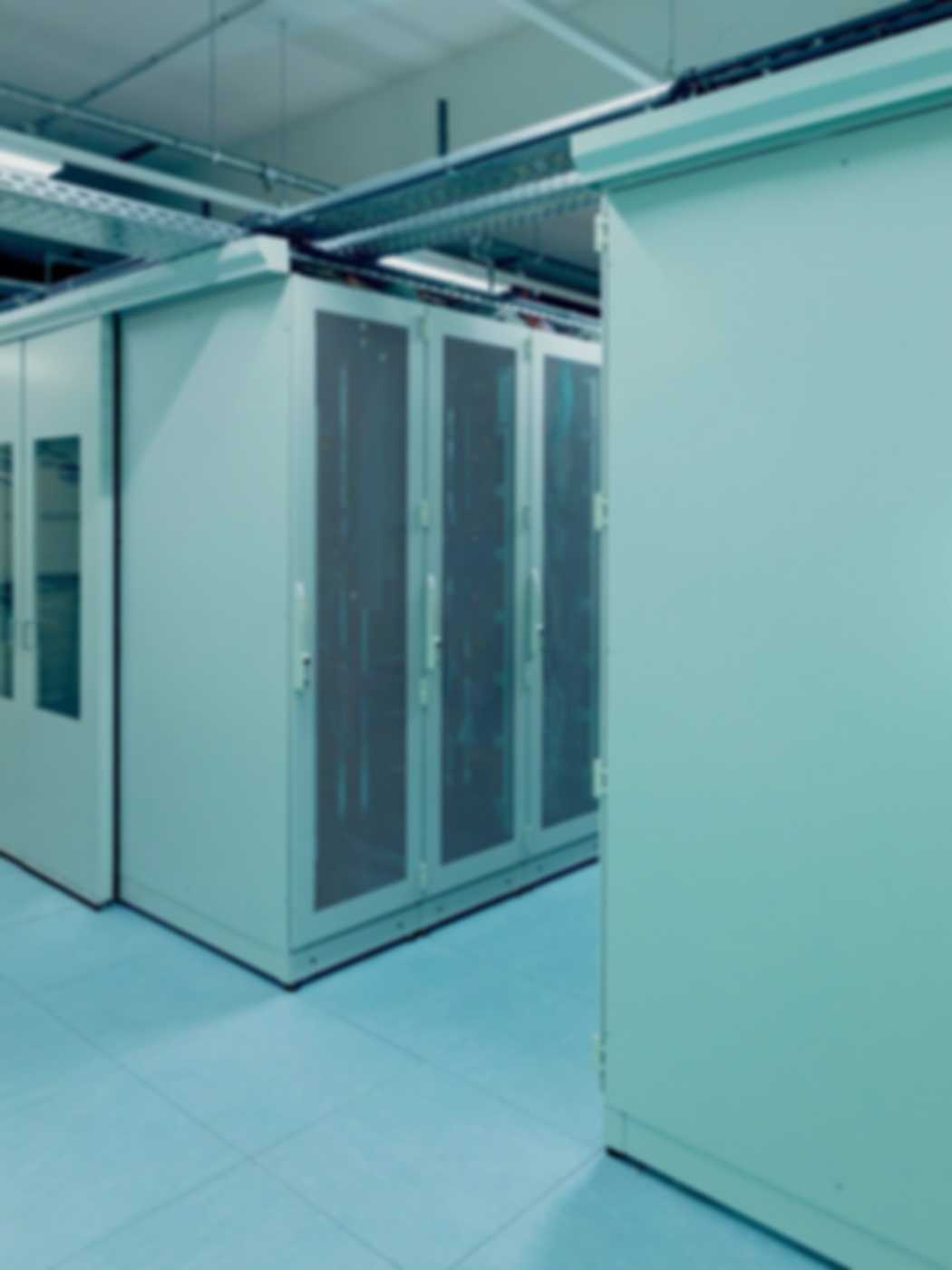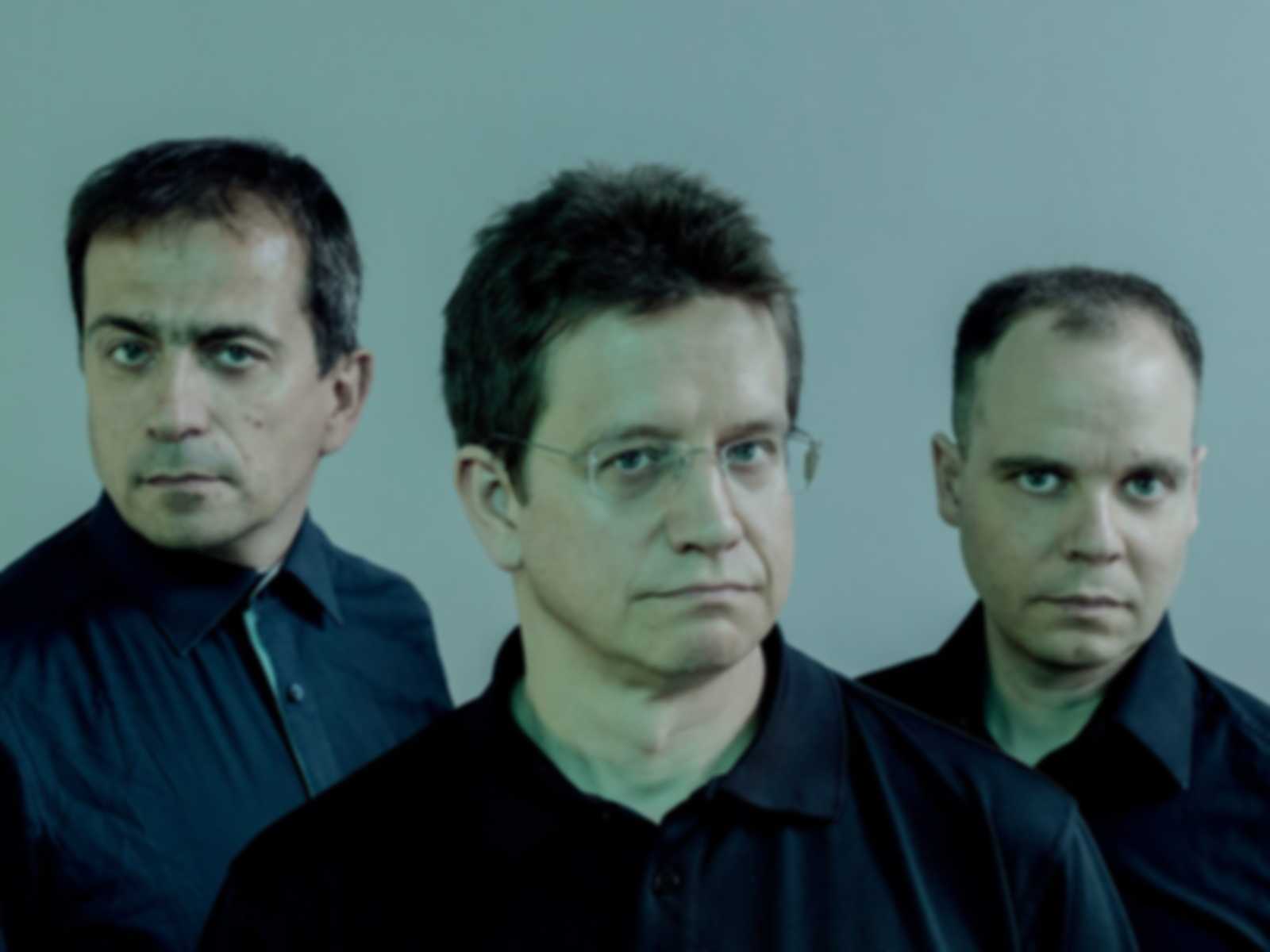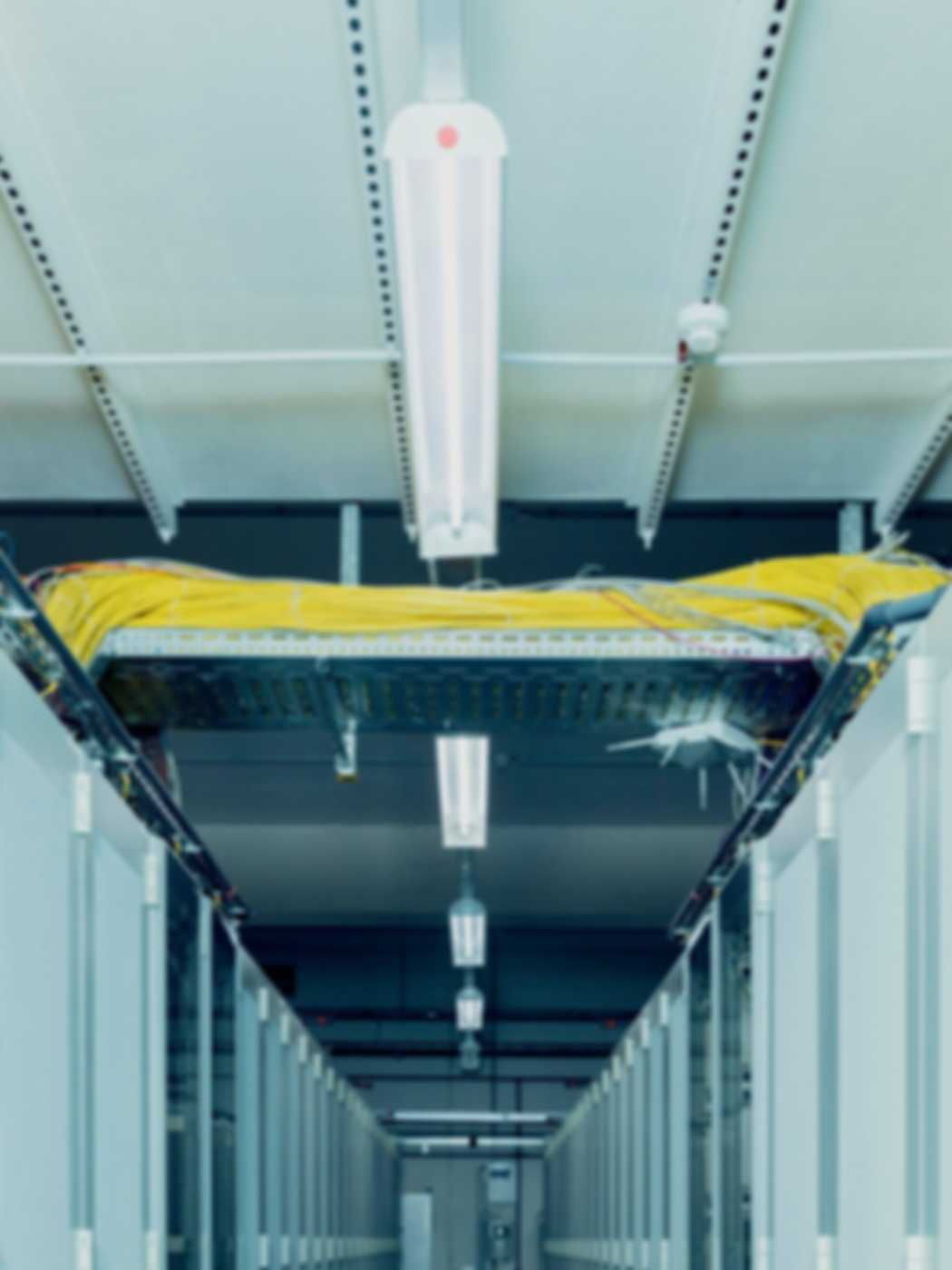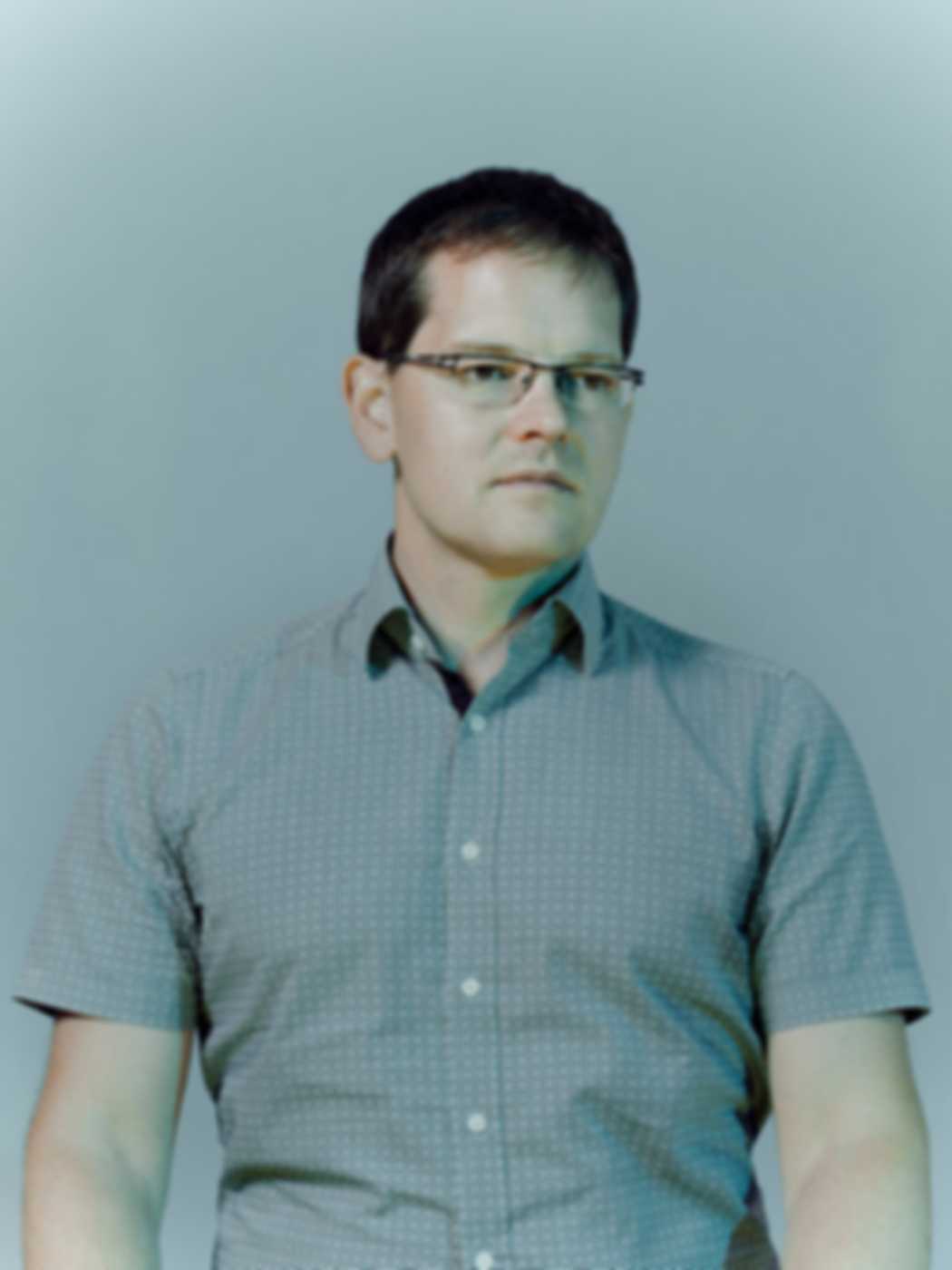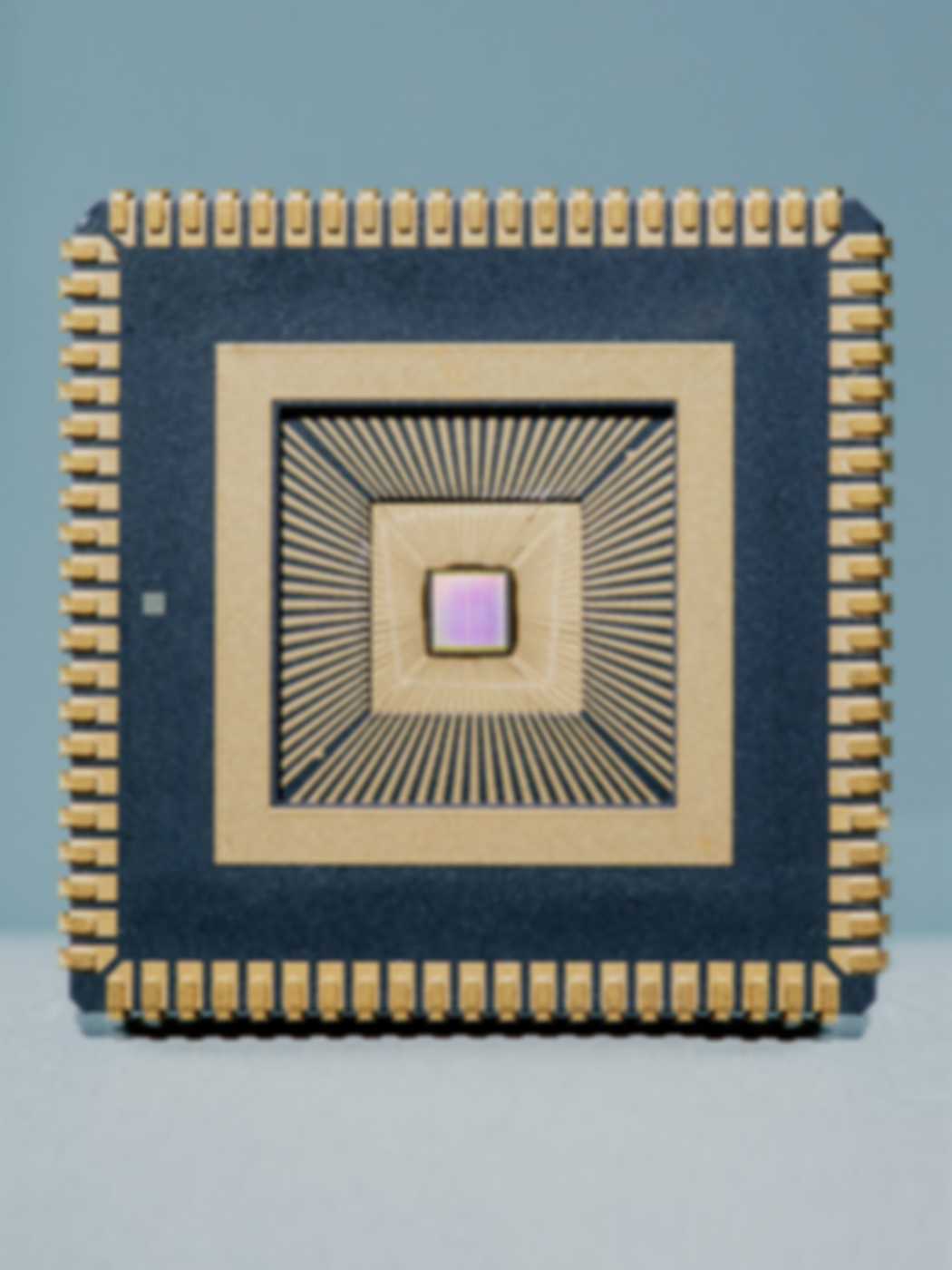European supercloud IT infrastructure for the third millennium
The innovators: Christian Berendt, Peter Ganten, Kurt Garloff, Dirk Lossack, Oliver Mauss – open source thought visionaries and IT strategists
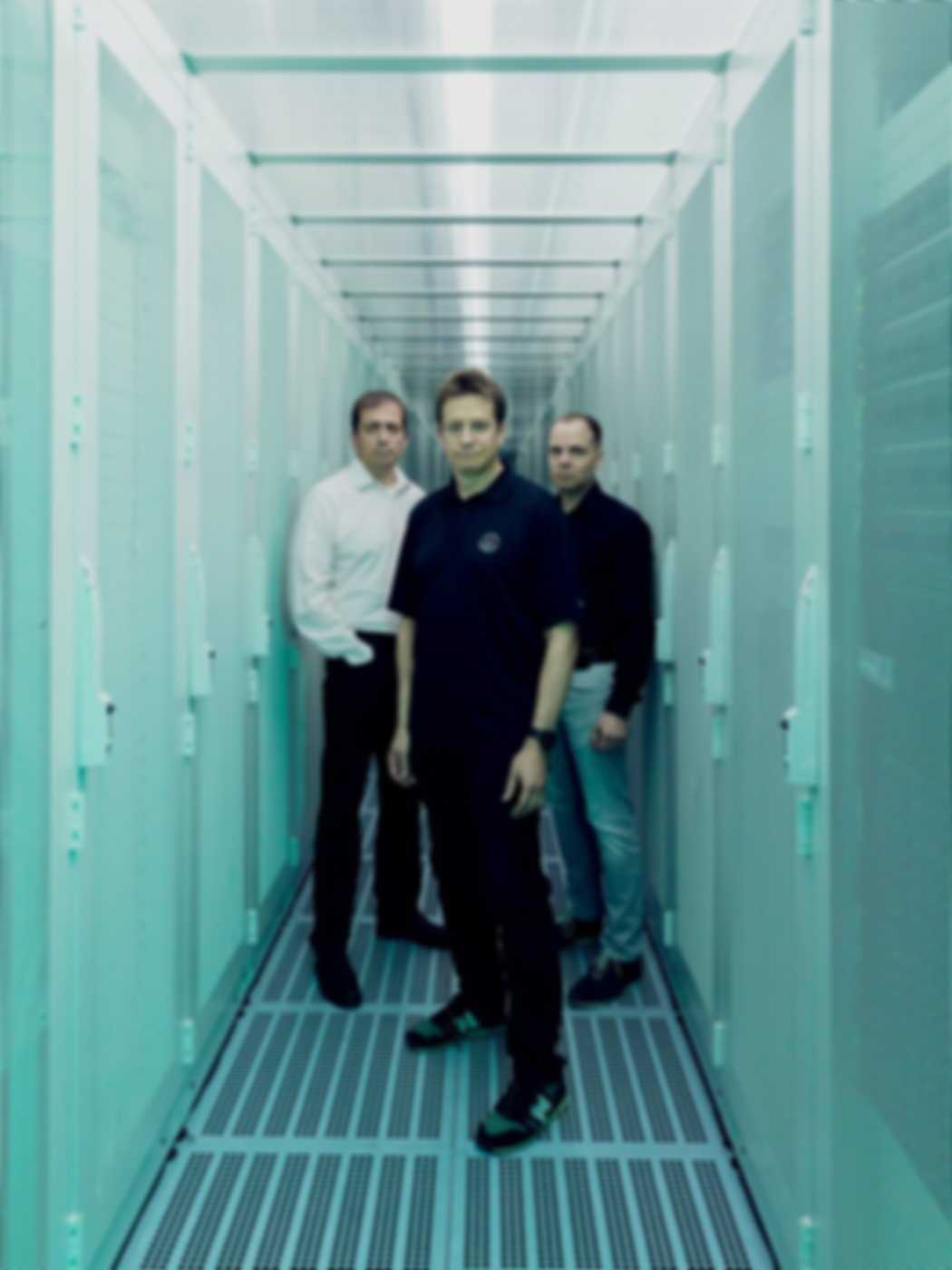
Increasingly, value creation is taking place with the help of software technology. Against this backdrop, the industry in Europe is currently facing a complex IT dilemma—one with technical, economic, legal and social dimensions. Businesses and individuals have to make a decision. One choice is to continue operating old-fashioned European IT, with its own data centers, server rooms and lengthy ordering, approval, implementation and change-management processes. This protects data, but it is slow and expensive. The other choice is to modernize their infrastructure using the big American or Chinese cloud solutions. Increasingly, value creation is inconceivable without these providers or is even taken over completely by them. What this means, though, is that you completely relinquish control of your data and become dependent, which poses an enormous problem legally, strategically and economically.
European policy has in the meantime recognized that a technical, economic, legal and social solution is urgently needed for Europe. This is why the EU wants to build IT structures with the help of GAIA-X which ensure the European values of transparency and data protection, ensure digital sovereignty and thereby create real alternatives.

What we need today is not just a fresh awareness of data sovereignty, but the IT infrastructure to go along with it, too. We need a whole new open-source infrastructure.
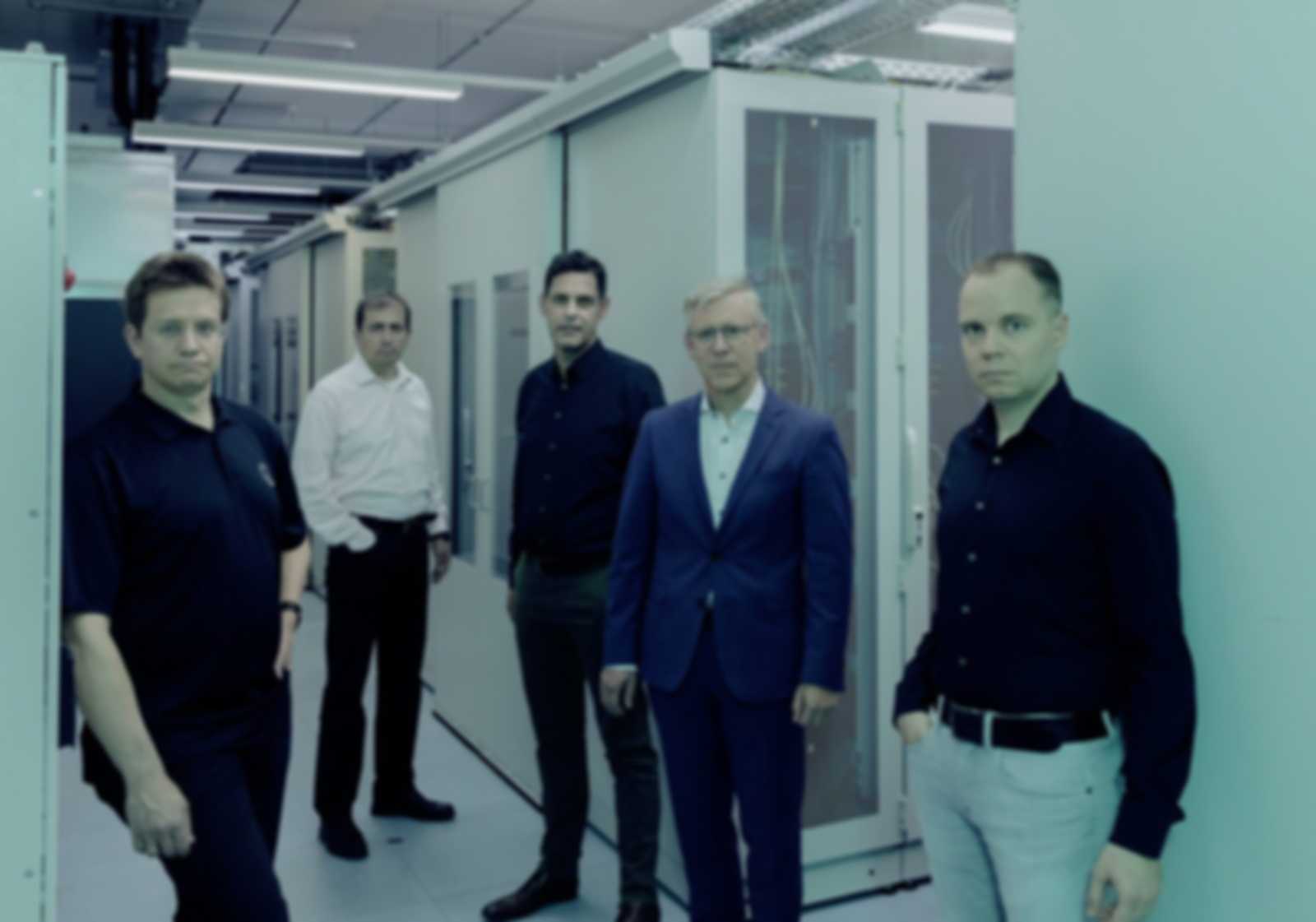
THE FIRST COLLABORATIVE CLOUD INFRASTRUCTURE
Sovereign Cloud Stack (SCS) is the name of this European alternative. It is the first collaborative cloud infrastructure with computers, storage systems, networks and data under European control. It is not a replica or an imitation of the large non-European IT platform technologies, but its own breakthrough innovation project.
The initiators of the SCS asked themselves the decisive question: How can we create transparency, design options and control to enable value creation through IT?
The simple answer is open source. Sovereign Cloud Stack means using existing and mature open source technology and assembling this large number of technologies into a consistent, modular, reliable, well-tested and easy-to-operate platform and allowing communities to enhance them in an open process, including open operations as a further development of the open source idea in the age of DevOps. That is, everything is developed as open source software. Thanks to certifiable standards, intelligent networking, the relentless setup of an SCS community and real user federation, SCS can create a large, efficient and innovative platform.
LOTS OF QUESTIONS, ONE VALIDATION
The SCS idea was developed by members of the Open Source Business Alliance e. V. and its chairman, Peter Ganten. With PlusServer and former CEO Dr. Oliver Mauss, it found the ideal trailblazer for the development of such an innovative IT ecosystem. The following questions had to be answered: Will it be possible to build a community? Can SCS be technologically implemented using existing open source technologies? Will cloud operators actually share operational know-how? Will they be able to agree on technology standards? Is federation desirable? Can a critical mass of supporters be reached? How can you structure the project so it can be sustainably borne by commercial interests without a small number of companies with their own economic interests dominating, thereby creating new dependencies? To clear all this up, SPRIND issued a validation study. A trio of experts consisting of Dirk Loßack, Christian Berendt and Kurt Garloff tested the SCS concept in the sense of a living lab with very promising, positive results.
MACROSOCIAL RELEVANCE: THE FEDERAL MINISTRY FOR ECONOMIC AFFAIRS AND CLIMATE ACTION GETS ABOARD
One result of validation is that SPRIND is no longer required as a sponsor and can therefore withdraw. Since mid-2021, the SCS has been fully supported by the Federal Ministry for Economic Affairs and Climate Action. The result is a strong, neutral entity working in the interest of the whole of society. SCS is now sustained by an established trade association, the Open Source Business Alliance (OSBA). Salaried employees, a growing community working on a voluntary basis and commissioned companies are able to ensure progress in established structures right away.
THE TECHNOLOGY IS PROVING ITSELF IN REAL LIFE
In the meantime, a variety of different companies have committed themselves to the development of SCS and attest that they see a future-proof cloud infrastructure and exciting business cases in it. Since the validation, the community has been growing continuously and looks forward to a new SCS release every six months. Following PlusCloud Open and Betacloud, a third fully SCS-based public cloud saw its market launch in September 2022. Gaia-X Federation Services also rely completely on SCS technology.
What is clear is that the insights and structures which were developed through the SPRIND-commissioned validation phase are continuing to sustain the project and its important idea: a large number of small and medium cloud providers which work together openly and accessibly and are compatible to each other will use their solutions cooperatively and jointly create added value. This kind of IT ecosystem composed of service providers and users offers big potential for sustainable, self-determined and sovereignty-promoting platforms far beyond the SCS project.
Digital dependency on foreign platform operators is even more dangerous than depency on foreign energy supplies.

